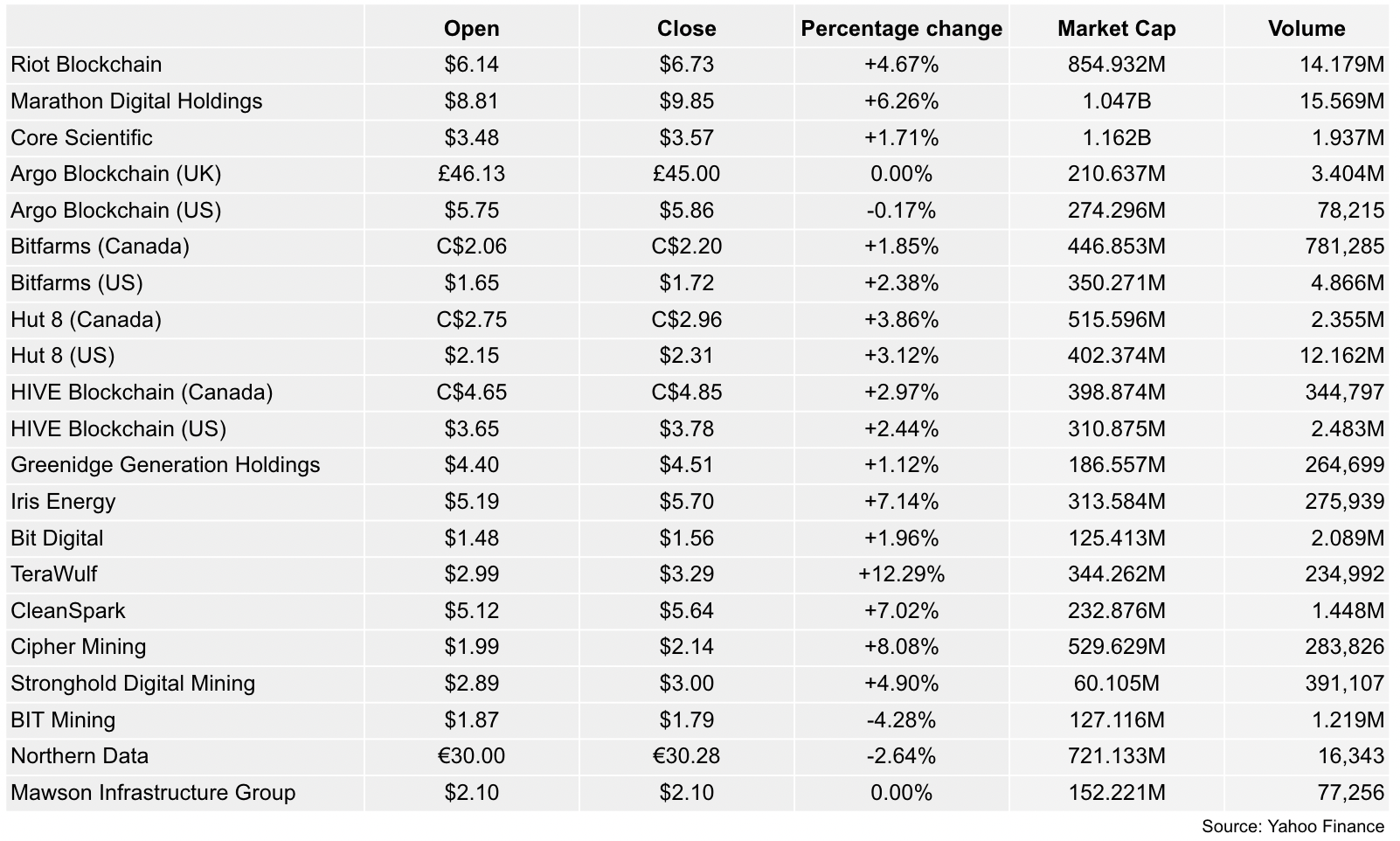Episode 46 of Season 4 of The Scoop was recorded remotely with The Block’s Frank Chaparro and StarkWare Co-Founders Uri Kolodny and Eli Ben-Sasson.
Listen below, and subscribe to The Scoop on Apple, Spotify, Google Podcasts, Stitcher or wherever you listen to podcasts. Email feedback and revision requests to podcast@theblockcrypto.com.
Fresh off the heels of a $50M Series C round last November, StarkWare Industries closed a $100M Series D round on Wednesday, giving the Israeli-based startup a valuation of $8 billion. The fundraise was led by Greenoaks Capital and Coatue, and included Tiger Global amongst others.
StarkWare aims to bring efficient, affordable blockchain transactions to the masses through its ZK-rollup technology, which addresses blockchain congestion by compressing multiple transactions into ‘STARK proofs’ that are then passed on to the underlying blockchain.
In this episode of The Scoop, StarkWare co-founders Eli Ben-Sasson and Uri Kolodny sit down with host Frank Chaparro to discuss what their firm has been building, and how their technology will allow blockchains to scale.
According to Kolodny, the trustless computational integrity enabled by StarkWare technology will be very useful to society:
“It delivers something that is dearly missing and dearly needed in modern societies and the way they’re doing their computation. That is something very simple: it is integrity — the ability to know that something was done the right way, even when you weren’t watching.”
Despite bearish sentiment across markets, StarkWare’s recent fundraise shows VCs are excited about the opportunities unlocked through StarkWare’s scaling technology, and are willing to continue providing the developer with capital.
StarkWare’s two products, StarkEx and StarkNet, both serve as Ethereum scaling solutions, with the former being “scaling as a service,” while the latter is permissionless. StarkNet completed its launch earlier this year, allowing any developer to integrate the platform into their application.
StarkWare’s scaling solutions are an important infrastructure improvement for blockchains, as Kolodny highlighted during the interview:
“I often use this metaphor for scaling of Manhattan going from single-story houses circa 17th century to high rises. And that’s the scaling of this limited real estate: Manhattan or the blockchain, we can allow it to scale. What I’m saying is that we don’t know of an upper bound to the height of these skyscrapers at any given moment in time. It may be the metal beams, it may be the glass — fundamentally we don’t know the limit.”
During this episode, Chaparro, Kolodny and Ben-Sasson also discuss:
- The mathematics behind StarkWare technology
- Competition amongst L2 scaling solutions
- The intersection of academia and crypto
This episode is brought to you by our sponsors Fireblocks, Coinbase Prime & Cross River
Fireblocks is an enterprise-grade platform delivering a secure infrastructure for moving, storing, and issuing digital assets. Fireblocks enables exchanges, lending desks, custodians, banks, trading desks, and hedge funds to securely scale digital asset operations through the Fireblocks Network and MPC-based Wallet Infrastructure. Fireblocks serves over 725 financial institutions, has secured the transfer of over $1.5 trillion in digital assets, and has a unique insurance policy that covers assets in storage & transit. For more information, please visit www.fireblocks.com.
About Coinbase Prime
Coinbase Prime is an integrated solution that provides institutional investors with an advanced trading platform, secure custody, and prime services to manage all their crypto assets in one place. Coinbase Prime fully integrates crypto trading and custody on a single platform, and gives clients the best all-in pricing in their network using their proprietary Smart Order Router and algorithmic execution. For more information, visit www.coinbase.com/prime.
About Cross River
Cross River is powering today’s most innovative crypto companies, with banking and payments solutions you can rely on, including fiat on/off ramp solutions. Whether you are a crypto exchange, NFT marketplace, or wallet, Cross River’s API-based, all-in-one platform enables banking as a service, ACH & wire transfers, push-to-card disbursements, real-time payments, and virtual accounts and subledgers. Request your fiat on/off ramp solution now at crossriver.com/crypto.
© 2022 The Block Crypto, Inc. All Rights Reserved. This article is provided for informational purposes only. It is not offered or intended to be used as legal, tax, investment, financial, or other advice.

